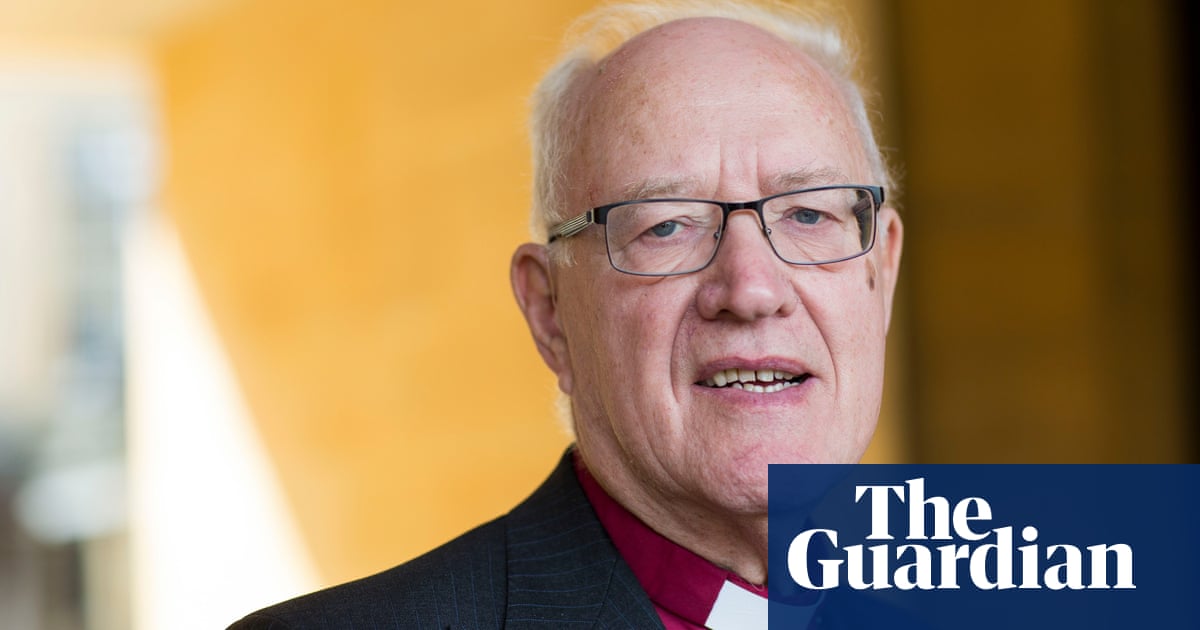A former leader of the Church of England has resigned as a priest following allegations that he failed to properly handle the case of a priest accused of sexual misconduct.
George Carey, who was archbishop of Canterbury from 1991 to 2002, quit after a BBC investigation reported that he allowed a priest who had been banned over sexual abuse claims to return to priesthood.
His resignation letter, sent on 4 December, said he had been in active ministry since 1962 and is turning 90. The letter did not mention the investigation.
The BBC reported that Carey agreed to allow a priest, David Tudor, to return to working in the church in 1994 after Tudor was suspended from ministry for five years over allegations of assault against teenage girls.
Documents suggested that Carey advocated for Tudor to get a job in a diocese, the BBC reported.
In his resignation letter, Carey said: “I wish to surrender my Permission to Officiate.
“I am in my ninetieth year now and have been in active ministry since 1962 when I was made Deacon and then Priested in 1963. It has been an honour to serve in the dioceses of London, Southwell, Durham, Bristol, Bath and Wells, Canterbury and finally Oxford.”
Carey’s resignation came as another senior clergyman due to take temporary charge of the Church of England faced calls to resign over his own handling of Tudor’s case.
Archbishop of York Stephen Cottrell reportedly allowed Tudor to remain in his post despite knowing he had been barred by the church from being alone with children and had paid compensation to one of his accusers.
Tudor was barred for life from the ministry in October after acknowledging he had sexual relationships with two teenage girls, aged 15 and 16, in the 1980s.
Cottrell is due to take over next month as the church’s spiritual head from archbishop of Canterbury Justin Welby, who resigned in November over the way he handled separate sexual abuse claims.
The BBC reported that Cottrell said he was “deeply sorry” that action had not been taken earlier but that he had “inherited” the situation. He said there were no legal grounds to take alternative action, according to the broadcaster.
Carey told the BBC that he did not remember Tudor’s name, the outlet reported.
Commenting on the Tudor case, the Church said, “We recognise these procedures were neither sufficient nor survivor-focussed, and that very different decisions would have been made today.”
The archbishop of Canterbury is spiritual leader of the global Anglican Communion, which has 85 million adherents in 165 countries. It has been riven by sharply divergent views on issues such as gay rights and the place of women in the church.
Associated Press and Press Association contributed to this report
∎